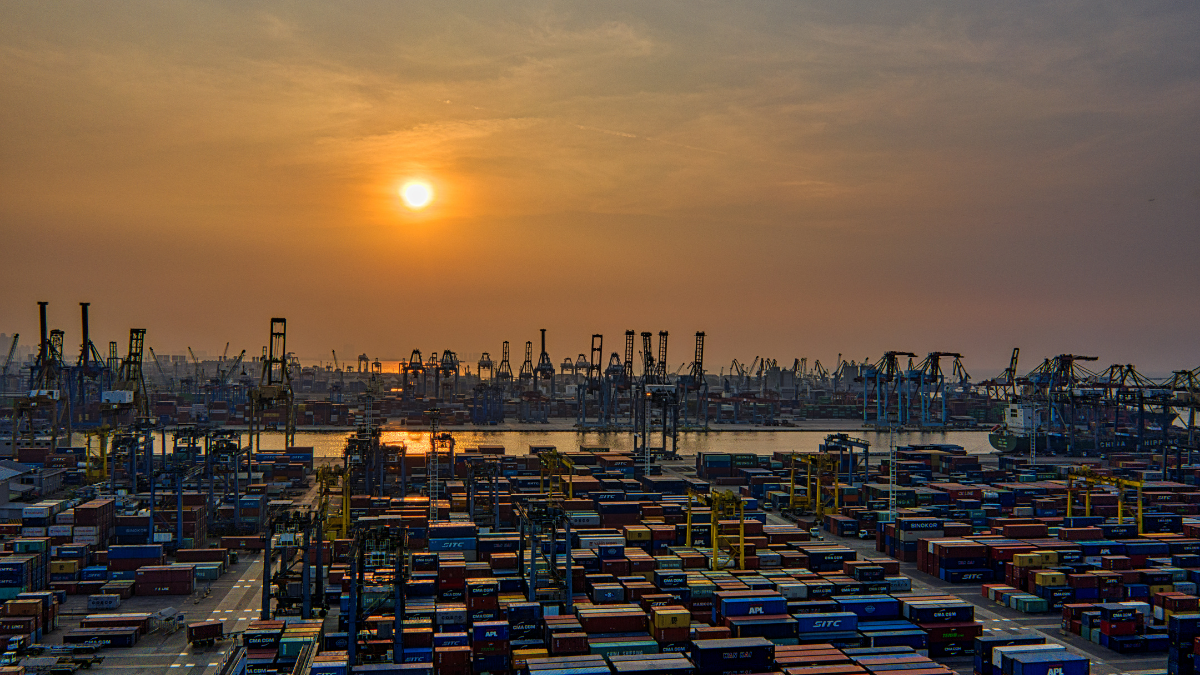Despite hard hits to Australia’s wine, beef and barley industries, soaring iron ore spot prices have “more than made … up” the losses in lobsters and wine, says Deloitte.
“To be clear, we’ve lost money on everything from lobsters to wine. But we’ve more than made that up in overall terms thanks to iron ore – and the taxman will be a considerable beneficiary of that,” said Deloitte Partner Chris Richardson.
“Where China knows it is most at risk is iron ore. China is the world’s key customer, but Australia is the world’s key supplier. That’s why analysts have said China wouldn’t act on Australian iron ore, as it would cost them lots.
“However, markets are still worried that China may do something. So they’ve responded by nervously bidding up prices in fear of exactly that.”
Fears surrounding possible Chinese tariffs on iron ore, heavy rain constricting supply out of Brazil and low interest rates and a falling US dollar have contributed to a $US18 a tonne rise in iron ore spot prices since 30 November alone.
Iron ore spot price, $US/tonne, CFR China
Mr Richardson noted that trade wars and tariffs “cost both countries.”
“[E]conomists have long realised that tariffs (and ‘mystery bans’) cost both countries. For example, when China acts, it costs Chinese families at the same time as it costs Australian businesses.
“That’s why rising domestic thermal coal prices in China mean that it may be unlikely to do much more than sabre-rattling on Australian coal.”
Australia’s economy is “outperforming”
The analysis suggests that rising iron ore prices will drive up an improved bottom line in the federal budget.
Ahead of the government’s mid-year economic and fiscal outlook (MYEFO) update this week, Deloitte Access Economics’ latest budget monitor suggests that the Australian economy is “outperforming, bouncing back rapidly.”
“Deloitte Access Economics sees the economy larger than Treasury projected by $33 billion in 2020-21 alone, a gap that widens to $106 billion by 2023-24,” said Mr Richardson.
Deloitte’s analysis suggests that the 2020-21 deficit would be $3 billion less than the government’s $213.7 billion forecast in October. Outperformance would also lift to more than $15 billion by 2023-24.
Mr Richardson also notes that this economic recovery will have to be driven by fiscal policy.
“Until now, budgets could concentrate on longer term issues, and leave the Reserve Bank to handle the ups and downs of the economy by raising or lowering interest rates,” said Mr Richardson.
“But not anymore – the RBA already has its foot to the floor. For the foreseeable future, that says budget policy has to be more agile than it’s been in times past.
“That means a greater willingness to use the budget to help juggle the ordinary ups and downs of the economy. But any moves of that type (such as tax surcharges and discounts and spending shifts) will necessarily need to be temporary, which will also require an understanding of that from both the public and from the Opposition of the day.”
Keep up to date with our stories on LinkedIn, Twitter, Facebook and Instagram.

